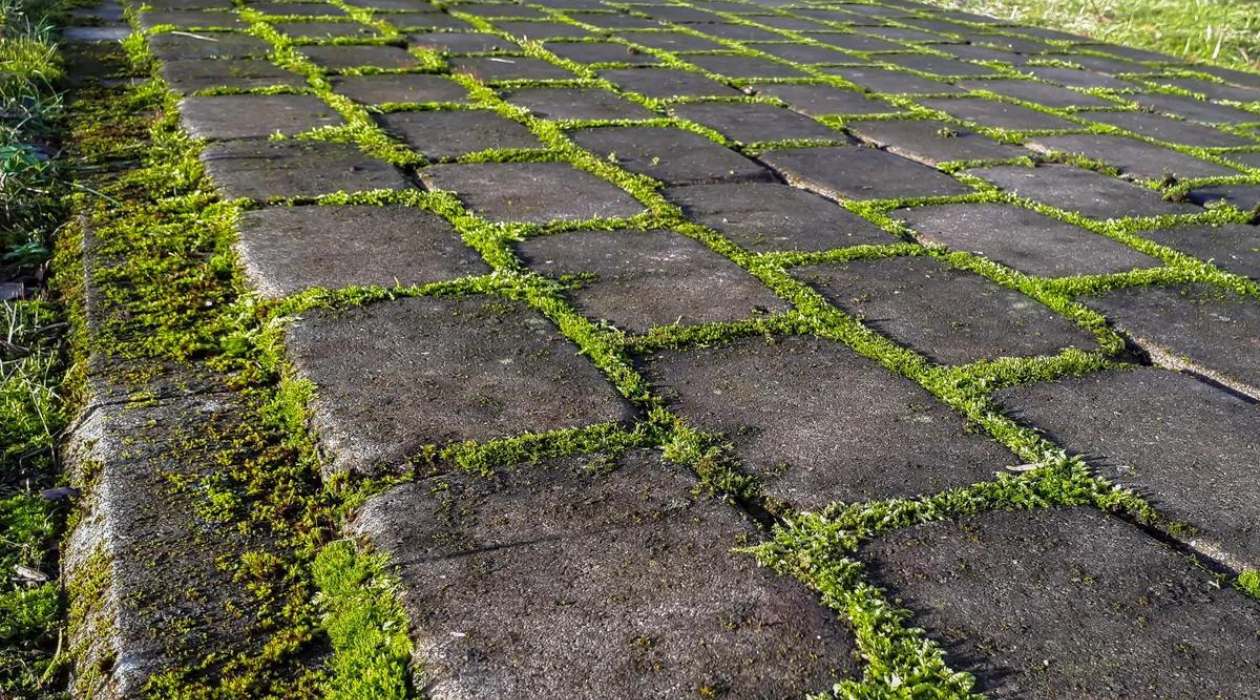

Articles
What Kills Moss On Driveway
Modified: October 25, 2024
Looking for effective ways to get rid of moss on your driveway? Check out our informative articles for tips and solutions that can help eliminate moss growth and keep your driveway moss-free.
(Many of the links in this article redirect to a specific reviewed product. Your purchase of these products through affiliate links helps to generate commission for Storables.com, at no extra cost. Learn more)
Introduction
Moss can be a common problem that homeowners face, especially when it comes to driveways. If you’ve noticed a furry green carpet covering your driveway, you’re likely dealing with moss growth. While moss may seem harmless, it can actually cause significant damage if left untreated. Understanding the causes, effects, and methods for removing moss is essential for ensuring the longevity and aesthetics of your driveway.
In this article, we will delve into the topic of moss on driveways and explore effective ways to eliminate it. Whether you plan to use chemical solutions or prefer organic methods, we’ve got you covered.
Before we dive into the solutions, let’s gain a better understanding of moss and why it tends to thrive on driveways.
Key Takeaways:
- Moss growth on driveways can lead to slippery surfaces, erosion, and damage to the pavement. Implementing preventive measures and choosing the right removal method can help maintain a clean and safe driveway.
- Whether using chemical or organic solutions, following instructions, exercising caution, and considering environmental impact are crucial in effectively removing and preventing moss growth on driveways. Regular maintenance is key to a beautiful, moss-free driveway.
Read more: How To Kill Moss On Patio Pavers
Understanding Moss on Driveways
Moss is a small, non-vascular plant that belongs to the bryophyte group. It thrives in damp and shaded areas, making driveways an ideal location for its growth. Driveways provide the perfect combination of moisture, shade, and a porous surface for moss to establish its presence.
Moss reproduces by releasing spores, which can travel through the air and settle on various surfaces, including driveways. Once the spores find a suitable environment, they germinate and begin to grow. Moss does not have true roots, but it can anchor itself to surfaces using small rhizoids.
Driveways that are frequently shaded or located in areas with high humidity levels are more prone to moss growth. Additionally, driveways that have poor drainage or are seldom exposed to direct sunlight are also susceptible to moss infestation.
It’s important to note that moss growth on driveways is not just an aesthetic problem. Moss can be destructive, as it can physically damage the surface of the driveway. The presence of moss can lead to a slippery and unsafe surface, especially when wet. Furthermore, the roots of moss can penetrate the cracks and crevices in the driveway surface, causing cracking and deterioration over time.
Now that we have a better understanding of why moss tends to thrive on driveways, let’s explore some of the common causes of moss growth.
Common Causes of Moss Growth on Driveways
Several factors contribute to the growth of moss on driveways. Understanding these causes can help you prevent or address the issue effectively. Here are some of the most common causes:
- Shade: Moss thrives in areas with limited exposure to sunlight. If your driveway is heavily shaded by trees, buildings, or other structures, it creates an ideal environment for moss growth.
- Poor drainage: Driveways that do not have proper drainage systems can accumulate excess moisture. Moss requires moisture to survive, so a consistently damp environment will promote its growth.
- High humidity: Areas with high humidity levels provide the moisture that moss needs to flourish. If you live in a region with humid climate conditions, moss growth on your driveway may be more common.
- Compacted soil: If the soil beneath your driveway is compacted and doesn’t allow water to drain properly, it can create a conducive environment for moss growth. Compacted soil retains moisture, giving moss a chance to thrive.
- Nutrient-rich soil: Moss tends to grow in soil that is nutrient-rich and lacks competition from other plants. If your driveway has soil that is nutrient-rich, perhaps due to nearby gardens or fertilization, it can provide an ideal habitat for moss.
- Neglected maintenance: Failure to regularly clean and maintain your driveway can lead to moss growth. Leaves, dirt, and debris can accumulate on the surface, creating a damp and shaded environment for moss to thrive.
By being aware of these common causes, you can take preventive measures to control and minimize moss growth on your driveway. In the next section, we’ll explore the effects of moss on driveways, highlighting why it is important to address the issue promptly.
Effects of Moss on Driveways
While moss may seem harmless and even have some aesthetic appeal in certain settings, it can have detrimental effects on your driveway. Here are some of the key effects of moss growth on driveways:
- Slippery surface: Moss retains moisture and can create a slippery surface, especially when it rains or the driveway is wet. This poses a safety hazard, as it increases the risk of slips and falls for both pedestrians and vehicles.
- Surface erosion: Moss roots can penetrate the cracks and crevices in the driveway surface, contributing to surface erosion. Over time, this can cause the pavement to deteriorate and become uneven, leading to costly repairs.
- Damage to pavement: As moss establishes itself on the driveway, it can push up the pavement and weaken its structural integrity. This can result in cracks, potholes, and overall pavement deterioration.
- Reduced drainage: Moss can block the natural drainage channels on the surface of the driveway, preventing water from flowing away properly. This can further contribute to pooling water and increase the risk of additional moss growth.
- Aesthetic deterioration: Moss growth can significantly impact the aesthetics of your driveway. The green, fuzzy appearance of moss can make the surface look unkempt and unappealing, diminishing the overall curb appeal of your property.
It’s important to address the issue of moss growth on your driveway to avoid these negative effects. In the next section, we will explore different methods to effectively kill moss and restore the integrity and attractiveness of your driveway.
Methods to Kill Moss on Driveways
If you’re dealing with moss growth on your driveway, there are several methods you can employ to effectively eliminate it. These methods range from chemical solutions to organic alternatives. Here are some of the most common methods to kill moss on driveways:
- Chemical Solutions: Chemical solutions are a popular choice for moss removal due to their effectiveness. One common chemical solution is using a moss killer or moss control product that contains ingredients such as ferrous sulfate or potassium salts. These products can be sprayed directly onto the moss-infested areas and work to kill the moss within a few days.
- Pressure Washing: Pressure washing your driveway can help remove moss along with other accumulated dirt and debris. Use a suitable pressure washer and direct the nozzle at a low angle to avoid damaging the surface. After pressure washing, ensure proper drainage to prevent moss from recurring.
- Vinegar Solution: A natural and cost-effective solution for killing moss is using a vinegar-based solution. Mix equal parts of white vinegar and water and apply it to the moss-infested areas. Let it sit for a few hours or overnight, then scrub the moss away with a stiff brush or use a pressure washer.
- Baking Soda: Baking soda is another natural remedy that can effectively kill moss. Mix baking soda with water to create a paste and apply it directly on the moss. Leave it for a few hours, then scrub away the moss with a brush or use a pressure washer.
- Hot Water Treatment: Boiling water can be a simple yet effective method for moss removal. Carefully pour boiling water over the moss-infested areas, ensuring that it covers the moss completely. The hot water will kill the moss, and you can then clean away the debris with a brush or pressure washer.
When using any chemical or cleaning solution, it’s important to follow the instructions provided by the manufacturer and take necessary safety precautions. Additionally, it’s a good practice to test the solution on a small and inconspicuous area of your driveway before applying it extensively.
Now that you’re equipped with different methods to kill moss on your driveway, let’s explore some preventive measures to avoid future moss growth.
To kill moss on a driveway, you can use a mixture of equal parts white vinegar and water. Spray the solution on the affected areas and let it sit for a few hours before scrubbing or power washing the moss away.
Chemical Solutions for Moss Removal
Chemical solutions can be highly effective in killing moss on driveways, providing a quick and efficient solution. Here are some commonly used chemical solutions for moss removal:
- Moss Killer: Moss killers, also known as moss control products, are specifically formulated to target and eliminate moss. These products often contain active ingredients like ferrous sulfate or potassium salts. They come in liquid or granular form and can be sprayed or spread directly onto the moss-infested areas. Moss killers work by dehydrating and killing the moss within a few days. Follow the instructions provided by the manufacturer for application rates and safety precautions.
- Bleach: Bleach is a versatile and readily available household product that can be used to kill moss. Mix a solution of one part bleach to nine parts water, and apply it to the moss-infested areas. Allow the solution to sit for a short period before rinsing it off with water or using a pressure washer. It’s important to exercise caution when working with bleach, as it can be harmful to plants and may cause discoloration to certain surfaces. Always wear protective gloves and follow appropriate safety guidelines.
- Copper Sulfate: Copper sulfate is another chemical compound commonly used for moss removal. It is available as a powder or in crystal form. Dissolve the copper sulfate in warm water according to the manufacturer’s instructions and apply it to the moss-infested areas. Copper sulfate works by inhibiting the growth of moss, effectively killing it. Take care when handling copper sulfate, as it can be toxic to humans and animals.
- Zinc-Based Products: Zinc-based products, such as zinc strips or zinc sulfate, can be effective in preventing moss growth when installed on the roof or near the driveway. These products release small amounts of zinc onto the surface, which inhibits moss and algae growth. However, note that zinc-based products may have limited effectiveness in directly killing existing moss.
When using chemical solutions for moss removal, it’s essential to follow the instructions provided by the manufacturer carefully. Take necessary safety precautions, such as wearing protective clothing, gloves, and eyewear. Additionally, consider their potential impact on the environment and neighboring vegetation. If you prefer a more natural approach, organic methods for moss removal may be a suitable alternative. We’ll explore these methods in the next section.
Organic Methods for Moss Removal
If you prefer a more natural and environmentally friendly approach to moss removal, there are several organic methods you can try. These methods can effectively kill moss on driveways while minimizing harm to plants, animals, and the ecosystem. Here are some commonly used organic methods for moss removal:
- Vinegar: Vinegar is a natural and readily available product that can be used to kill moss. Mix equal parts of white vinegar and water, and apply it to the moss-infested areas. Allow the vinegar solution to sit for a few hours or overnight before scrubbing the moss away with a stiff brush or using a pressure washer.
- Baking Soda: Baking soda, also known as sodium bicarbonate, has natural antimicrobial properties that can help kill moss. Mix baking soda with water to create a paste and apply it directly to the moss. Allow it to sit for a few hours before scrubbing the moss away with a brush or using a pressure washer.
- Soap and Water: A simple mixture of mild soap and water can be an effective organic solution for moss removal. Mix a few drops of dishwashing soap or Castile soap with water and apply it to the moss-infested areas. Scrub the moss away with a brush or use a pressure washer to clean the surface. This method is especially useful for light moss infestations.
- Physical Removal: If the moss growth is minimal, physical removal can be an effective organic method. Use a stiff brush or a moss scraper to manually scrape off the moss from the driveway surface. Be thorough, making sure to remove all the moss and its roots. Afterward, rinse the area with water to remove any remaining debris.
Organic methods for moss removal may require more time and effort compared to chemical solutions. Persistence and regular maintenance are key to effectively eliminating and preventing moss from reappearing. It’s important to note that organic methods may not offer immediate results, and multiple applications may be required for stubborn or extensive moss growth.
While organic methods are generally safer for the environment, it’s still important to exercise caution when using them. Avoid using excessive amounts of organic solutions, as they can potentially harm surrounding plants or lawns. It’s also a good practice to test any organic solution on a small and inconspicuous area of your driveway before applying it extensively.
By opting for organic methods, you can maintain a moss-free driveway while minimizing the negative impact on the environment.
Now that we’ve explored different methods for moss removal on driveways, let’s discuss some preventive measures to help you avoid moss growth in the first place.
Preventive Measures to Avoid Moss Growth on Driveways
Preventing moss growth on your driveway is key to maintaining its overall condition and appearance. By implementing proactive measures, you can reduce the likelihood of moss taking hold. Here are some preventive measures to avoid moss growth on driveways:
- Maintain Proper Drainage: Ensure that your driveway has proper drainage to prevent water from pooling. Clear any debris, leaves, or dirt that may obstruct the drainage channels or create areas of water stagnation.
- Maximize Sunlight Exposure: Trim trees or shrubs that cast excessive shade on your driveway. Increasing sunlight exposure can help dry out the surface and discourage moss growth. Additionally, consider trimming tree branches near the driveway to prevent debris from accumulating.
- Regular Cleaning: Regularly clean your driveway to remove any leaves, dirt, or debris that can create a suitable environment for moss growth. Use a broom or leaf blower to clear off the surface, and rinse it with water periodically.
- Control Moisture Levels: If you live in a region with high humidity, consider utilizing dehumidifiers or fans in your garage or near the driveway to reduce excess moisture. Keeping the surrounding area as dry as possible helps discourage moss growth.
- Apply a Preventive Solution: Applying a preventive solution designed to inhibit moss growth can be an effective measure. Look for products that contain potassium salts or zinc, which can help deter moss from developing on your driveway. Follow the manufacturer’s instructions for application rates and frequency.
- Regular Maintenance: Stay on top of routine maintenance for your driveway. Fill any cracks or crevices that may provide a foothold for moss to take root. Seal the driveway periodically to maintain its structural integrity and create a less favorable environment for moss growth.
By implementing these preventive measures, you can significantly reduce the chances of moss growth on your driveway. Remember that regular monitoring and maintenance are crucial to keep moss at bay and ensure the longevity of your driveway’s appearance and functionality.
Now, let’s summarize what we’ve covered so far.
Conclusion
Moss growth on driveways can be a frustrating problem for homeowners. Not only does it diminish the aesthetic appeal of your property, but it can also cause damage to the driveway surface. Understanding the causes, effects, and methods for moss removal is crucial for maintaining a moss-free driveway.
In this article, we explored the different aspects of moss on driveways. We learned that moss thrives in damp, shaded areas with poor drainage and high humidity. Additionally, we discussed the effects of moss on driveways, including slippery surfaces, erosion, and damage to the pavement.
To combat moss growth, we explored various methods for killing moss on driveways. Chemical solutions, such as moss killers and bleach, can provide quick and effective results. Organic methods, including vinegar, baking soda, soap and water, and physical removal, offer more natural alternatives.
Furthermore, we emphasized the importance of preventive measures to avoid moss growth. Maintaining proper drainage, maximizing sunlight exposure, regular cleaning, controlling moisture levels, applying preventive solutions, and practicing regular maintenance can all contribute to preventing moss from taking hold.
Whether you choose to use chemical or organic methods, it’s essential to follow the instructions, exercise caution, and consider the impact on the environment and surrounding vegetation.
In conclusion, by being proactive in removing and preventing moss growth on your driveway, you can ensure its longevity, safety, and aesthetic appeal. Regular maintenance and preventive measures will help keep your driveway moss-free, providing you with a clean and welcoming entrance to your home.
Remember that persistence and consistency are key in your efforts to combat moss and maintain a beautiful, moss-free driveway.
Frequently Asked Questions about What Kills Moss On Driveway
Was this page helpful?
At Storables.com, we guarantee accurate and reliable information. Our content, validated by Expert Board Contributors, is crafted following stringent Editorial Policies. We're committed to providing you with well-researched, expert-backed insights for all your informational needs.
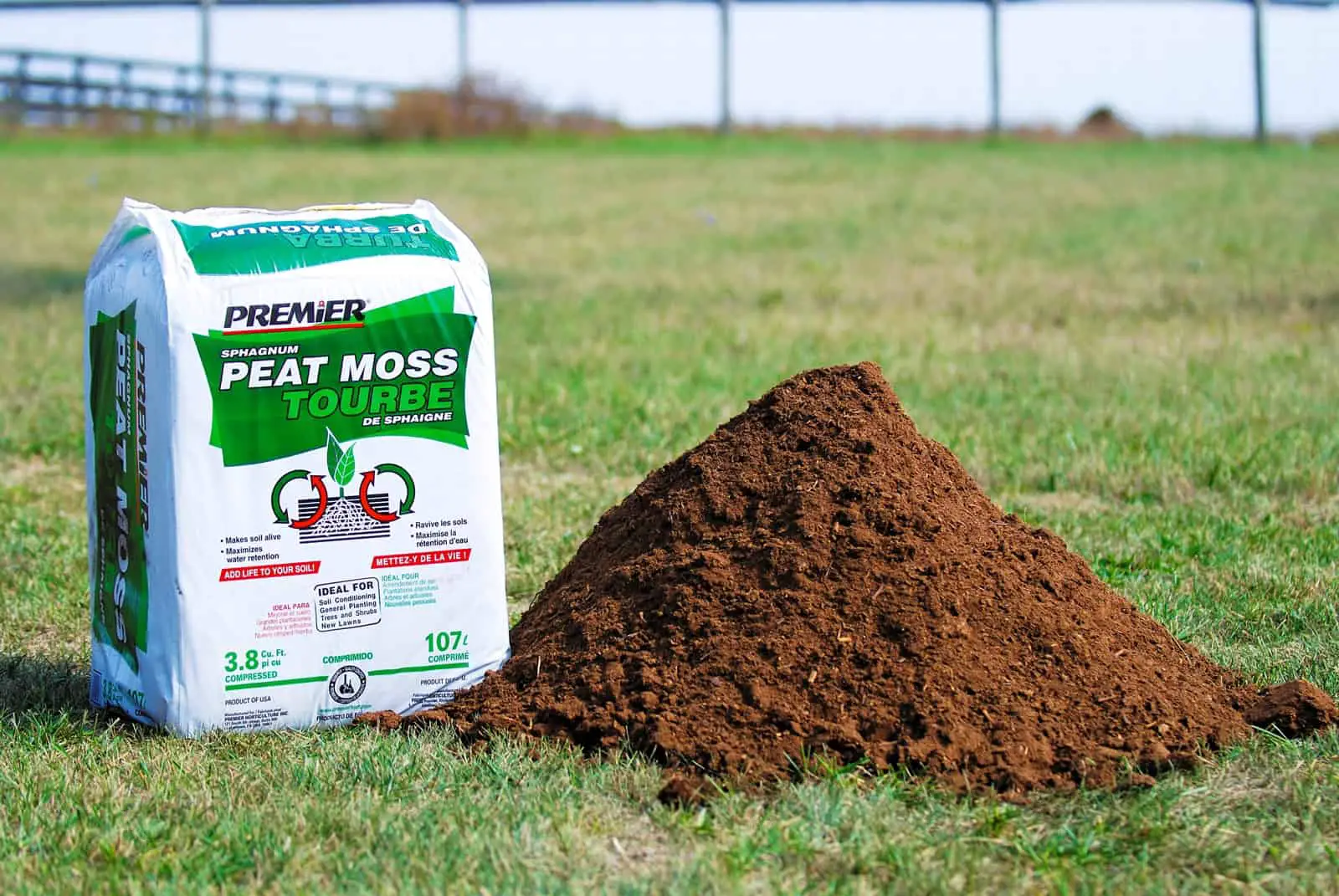
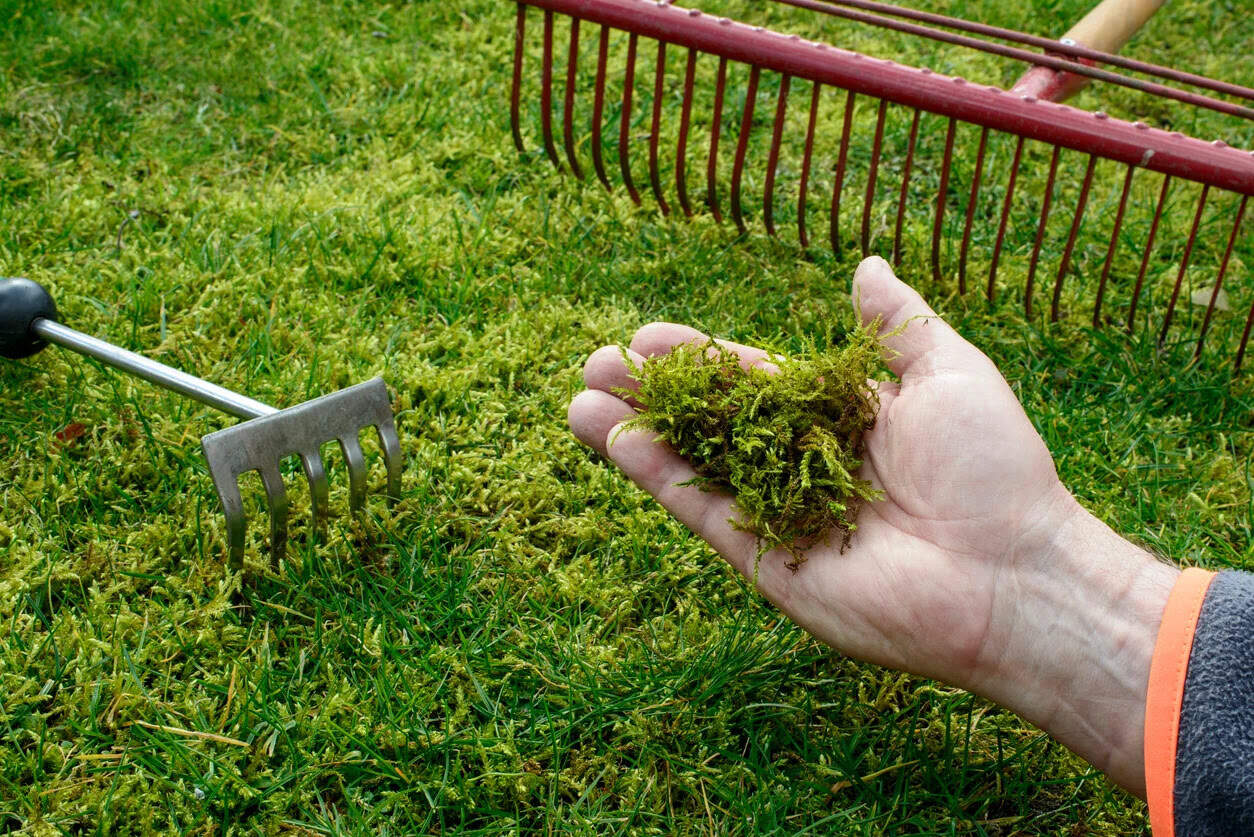
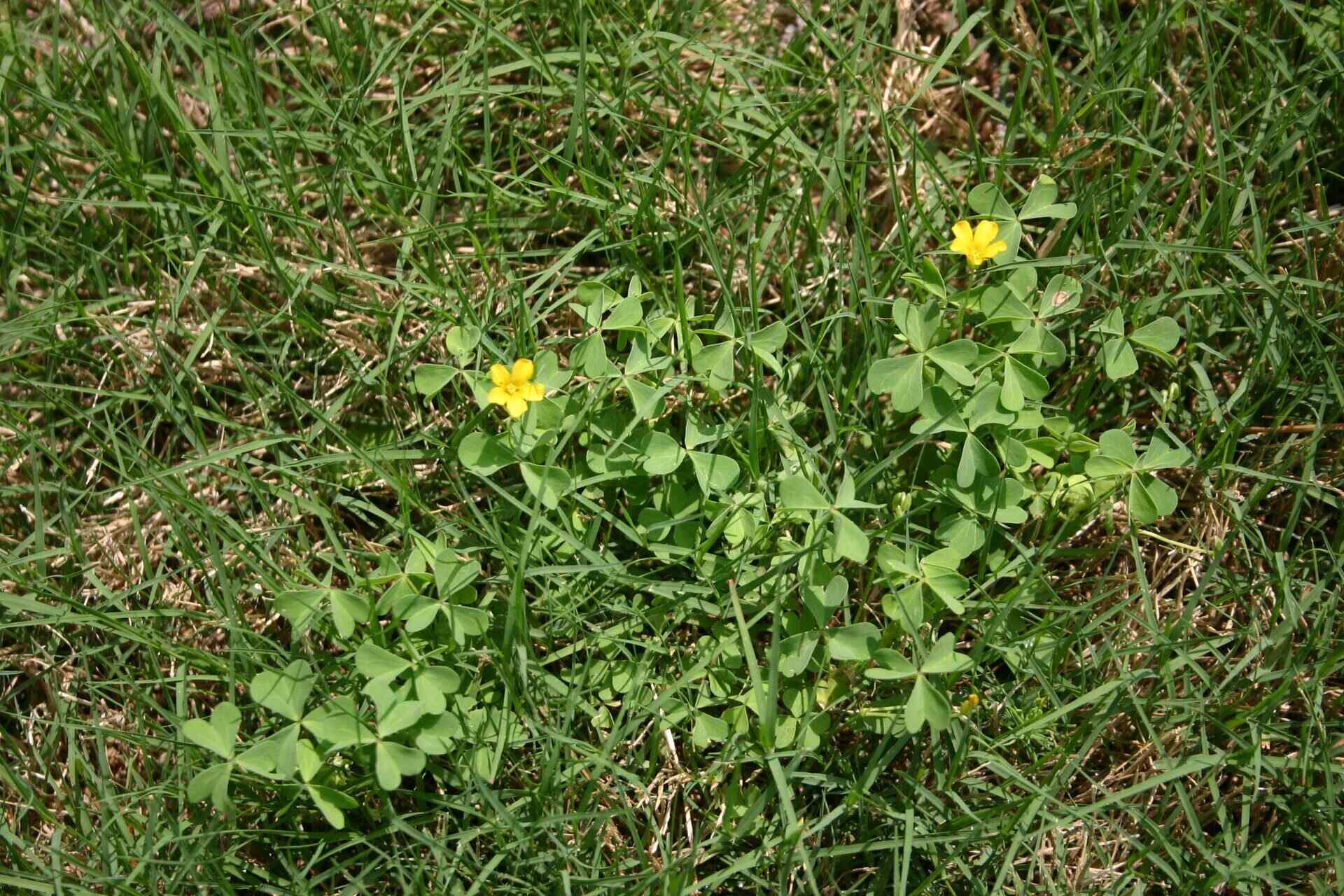
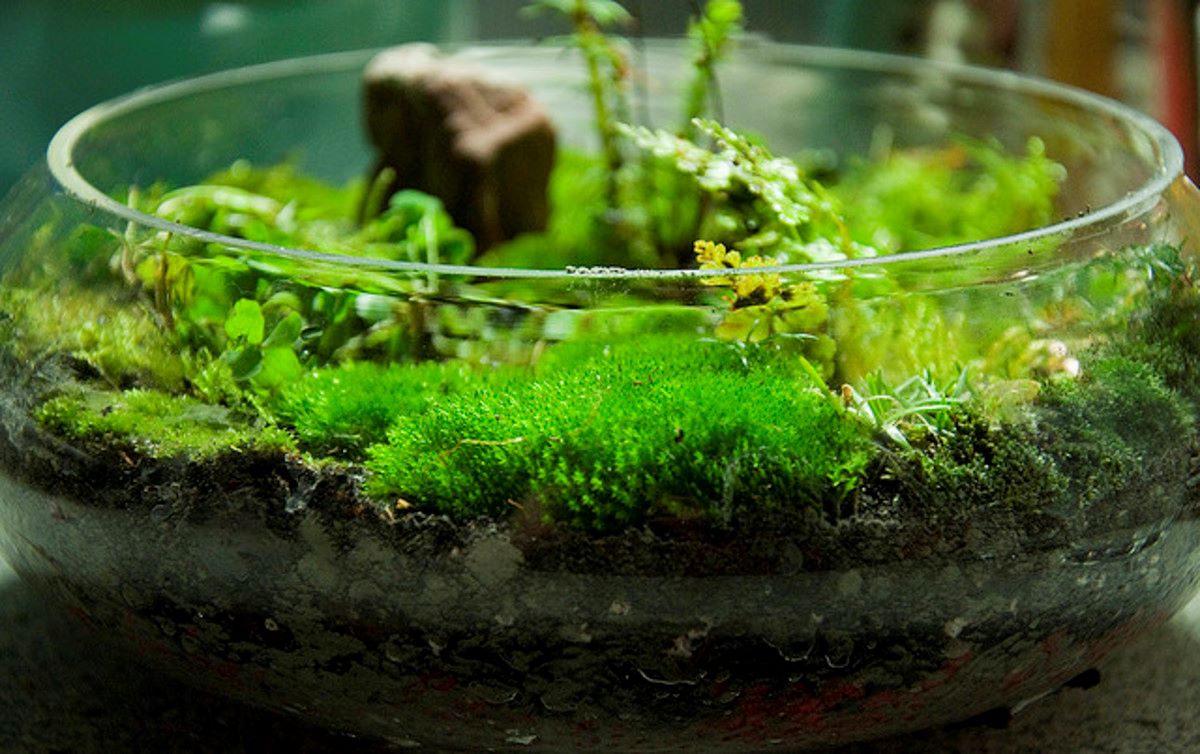
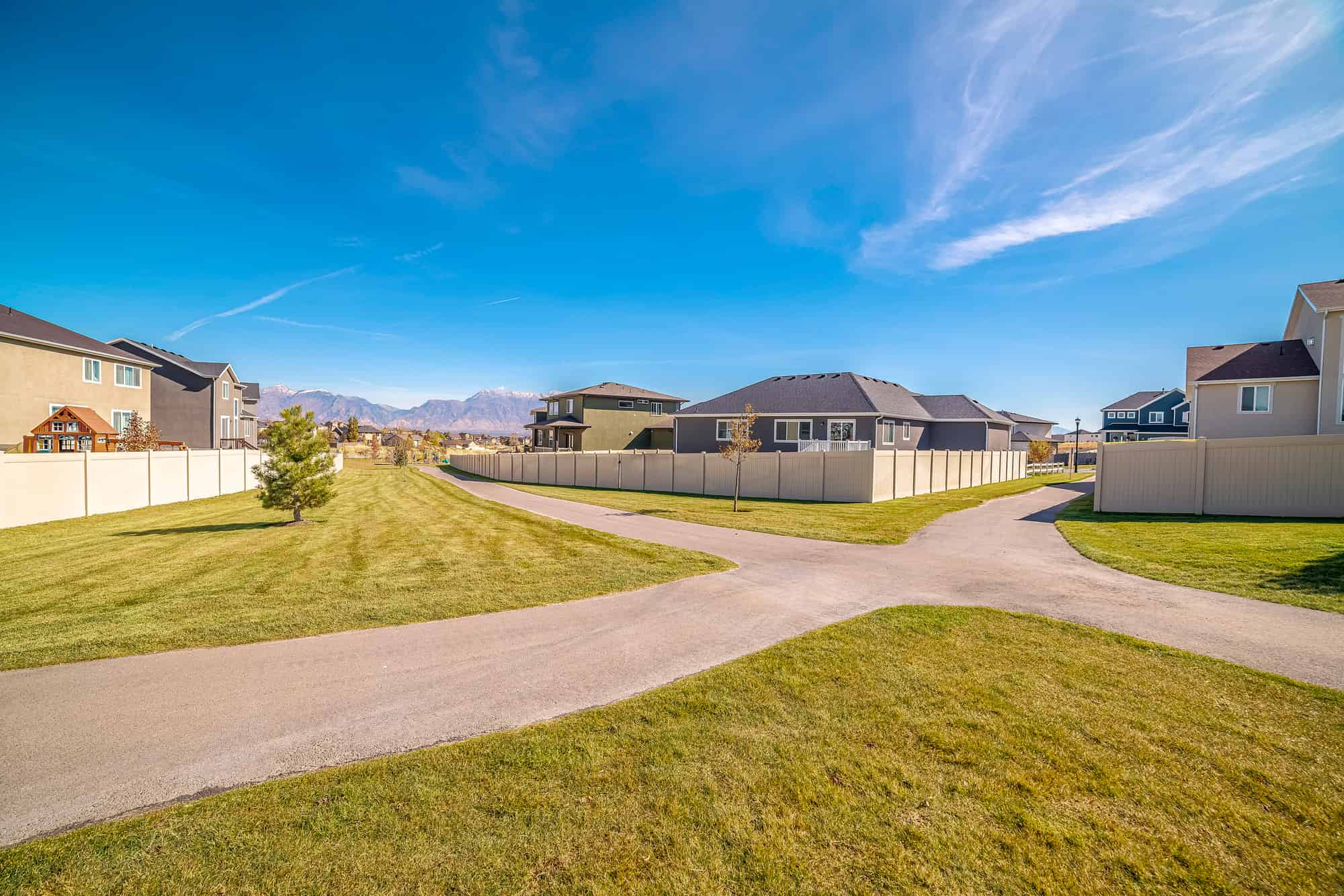
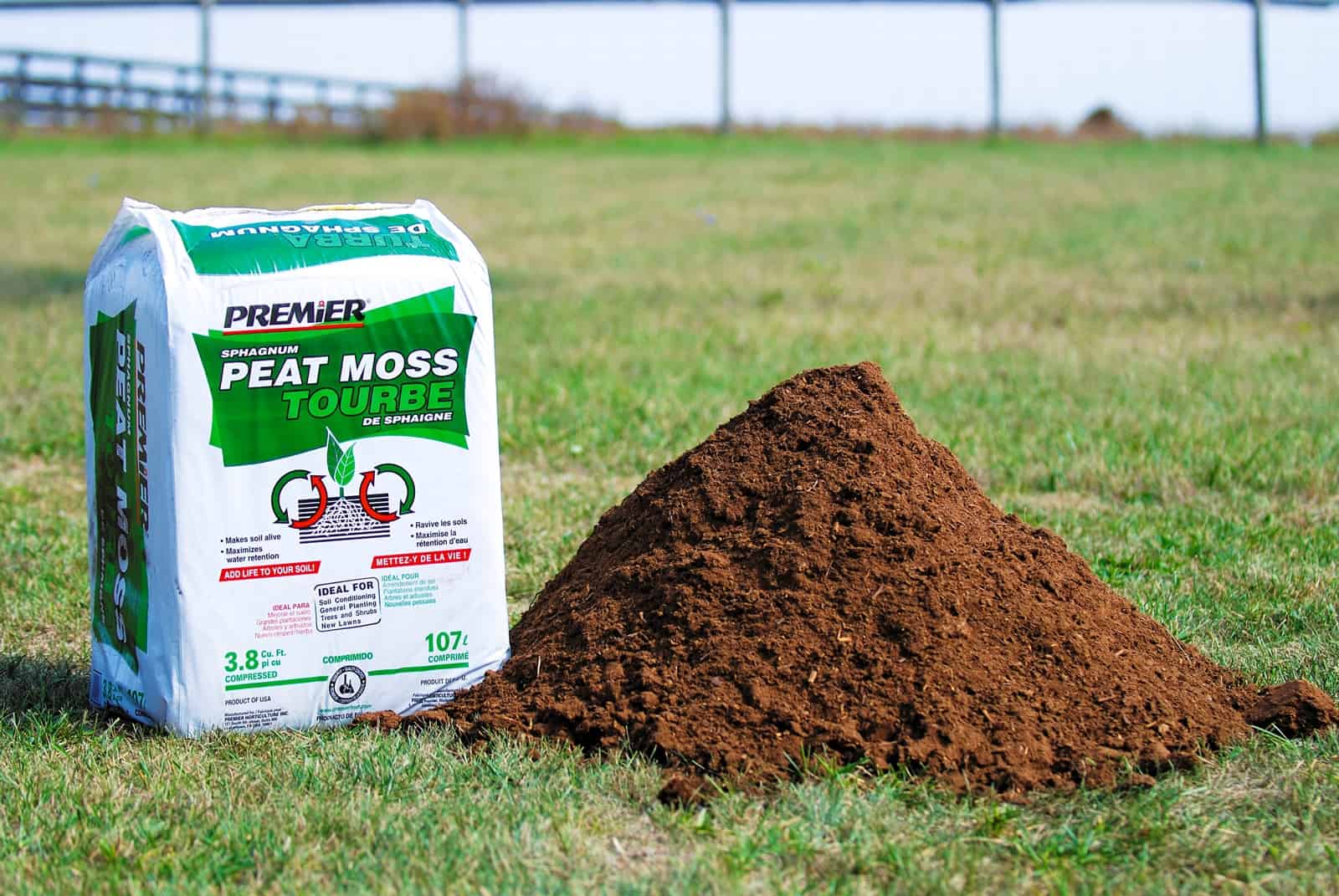
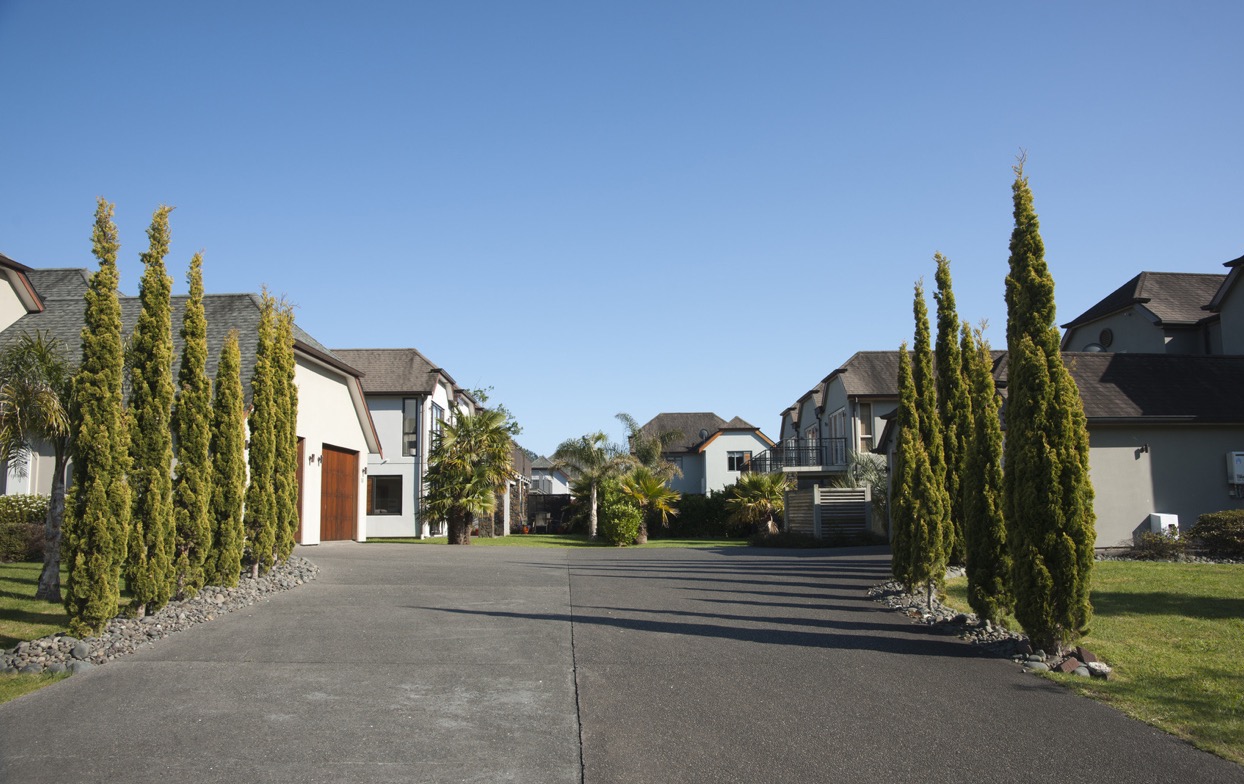
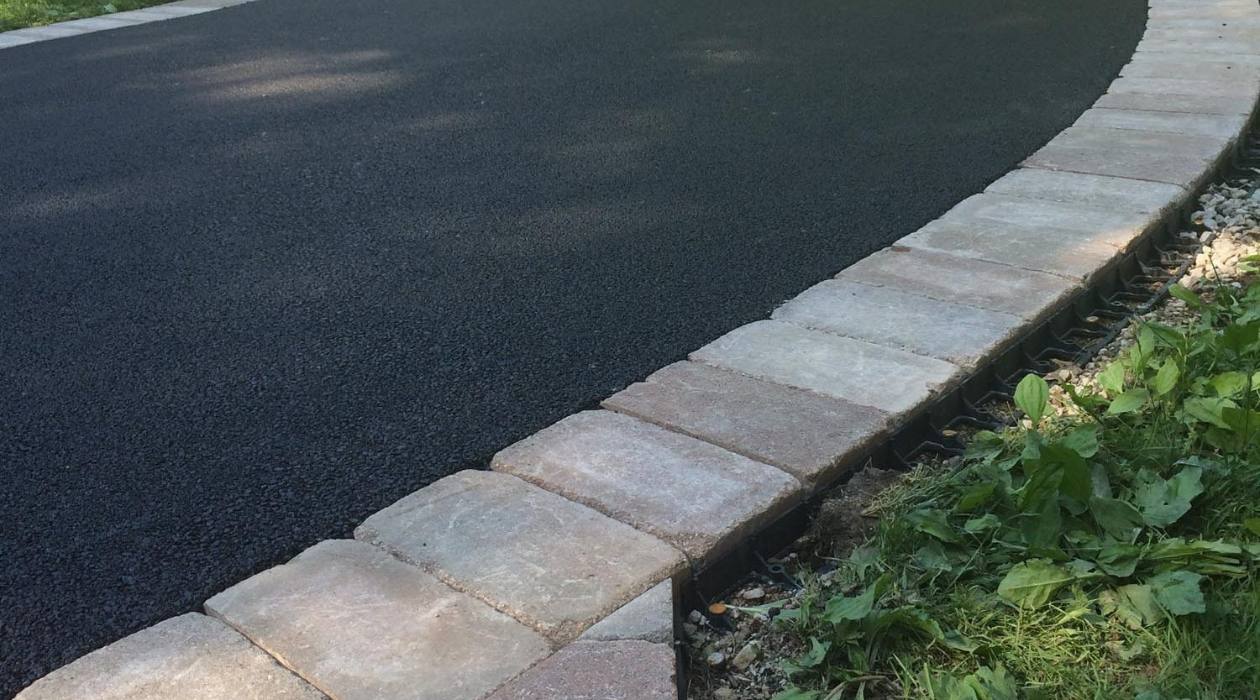
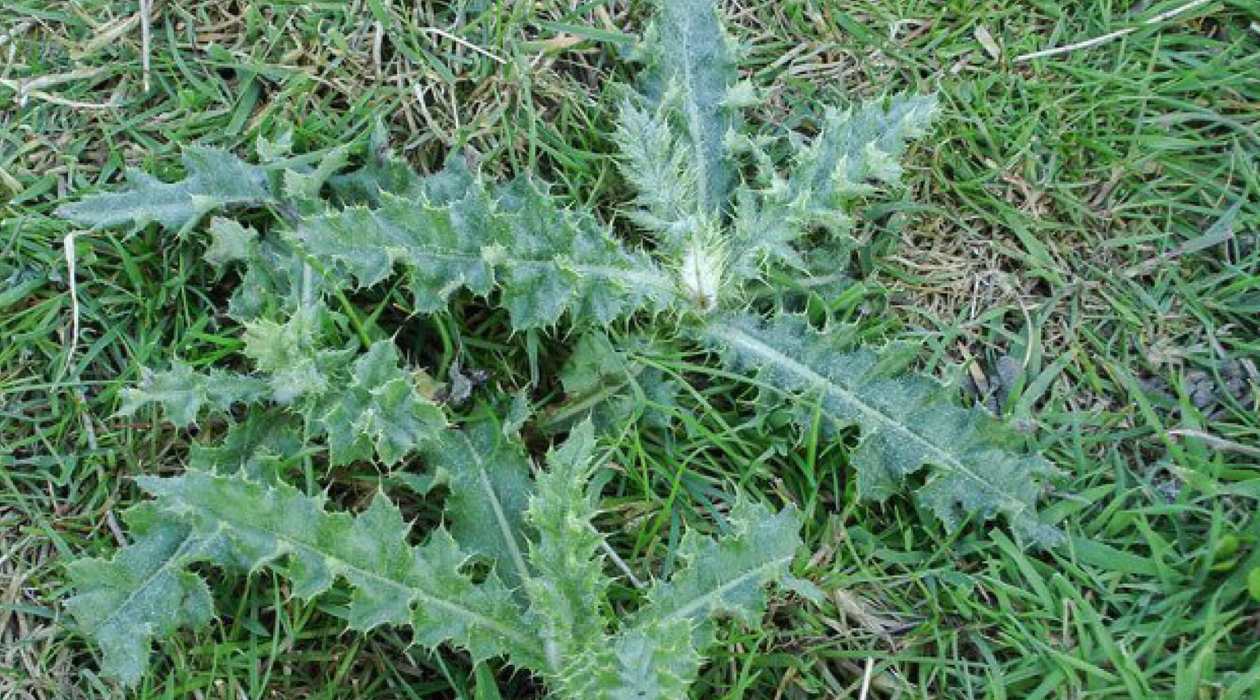
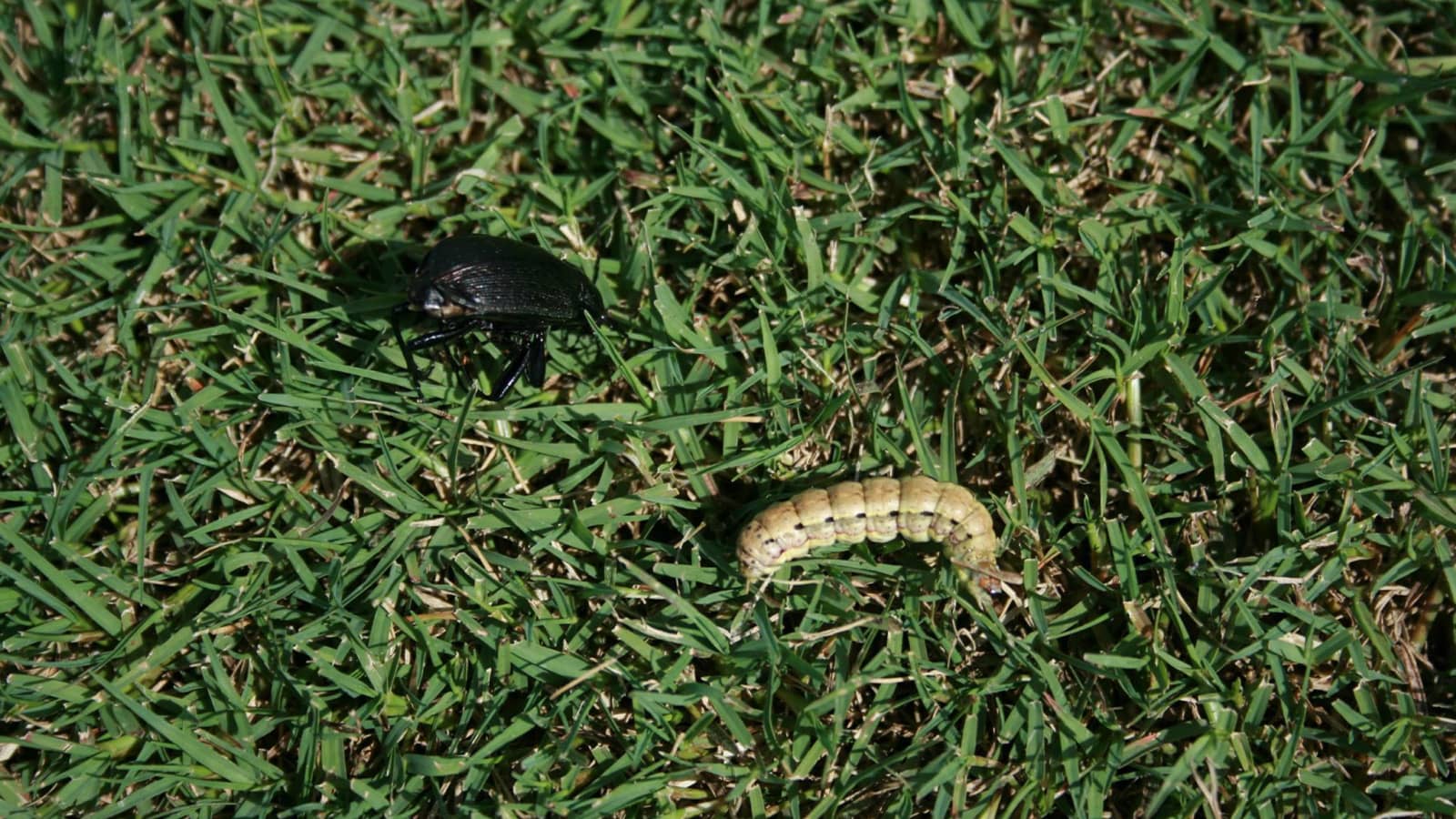
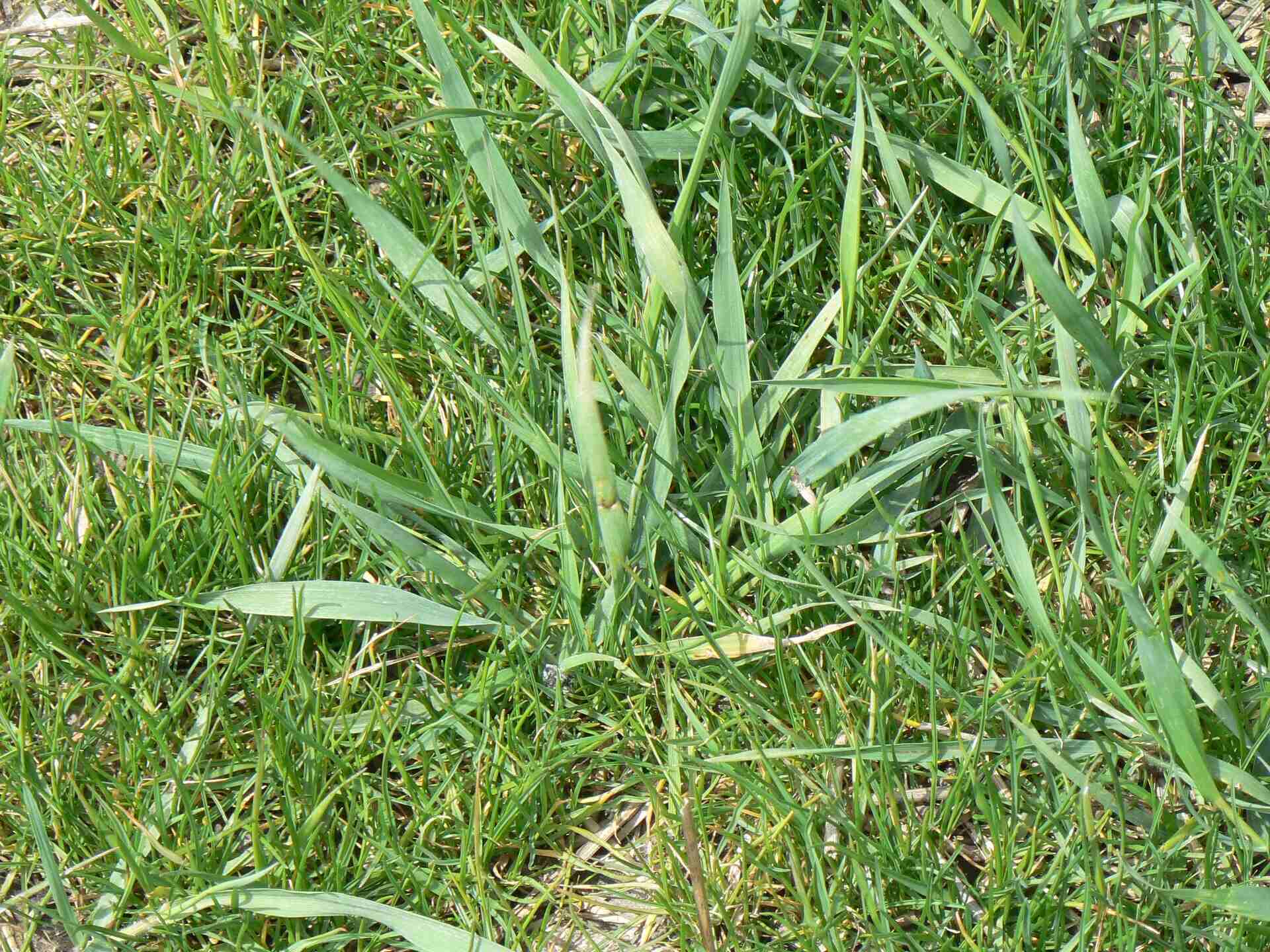
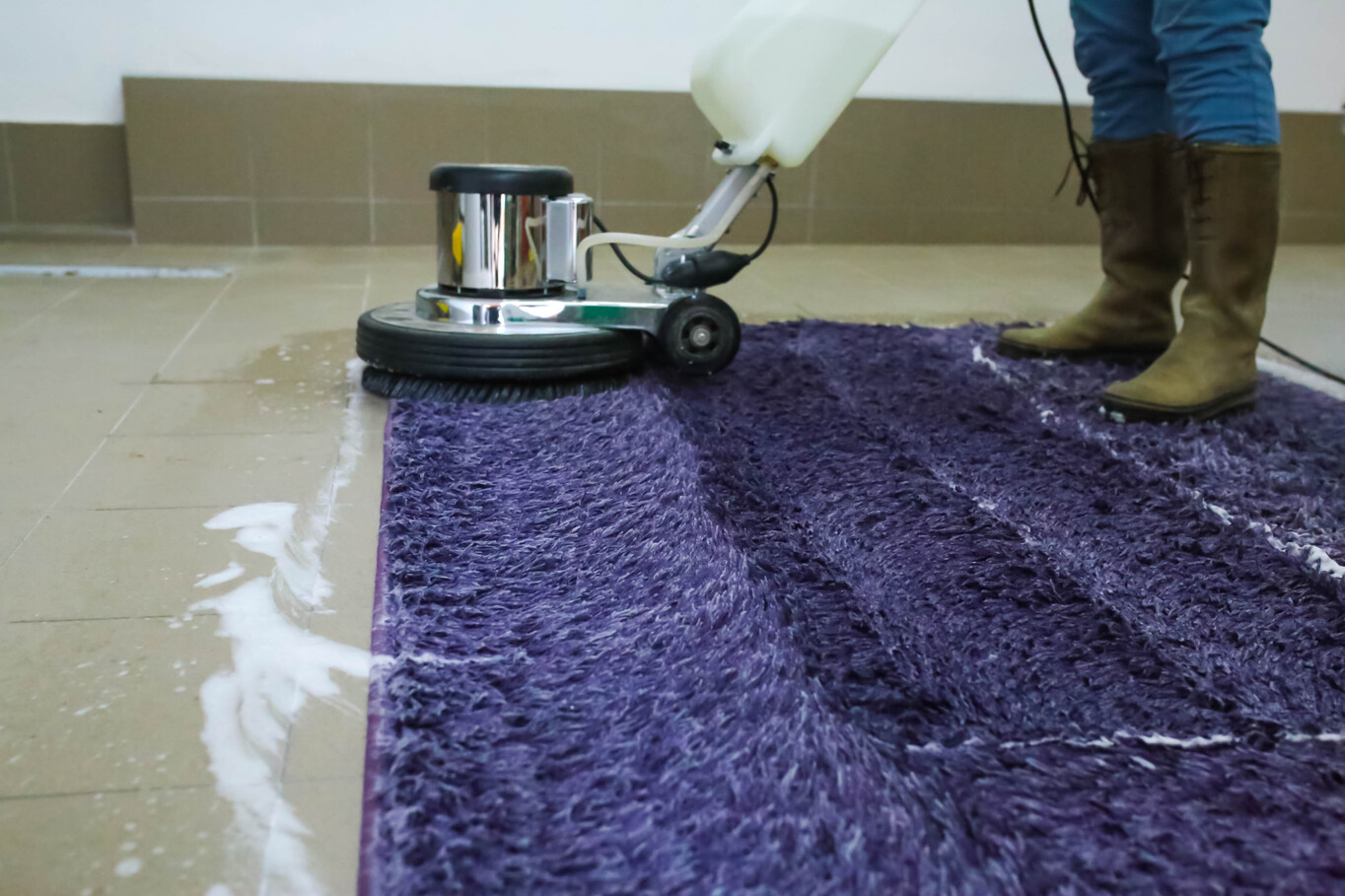
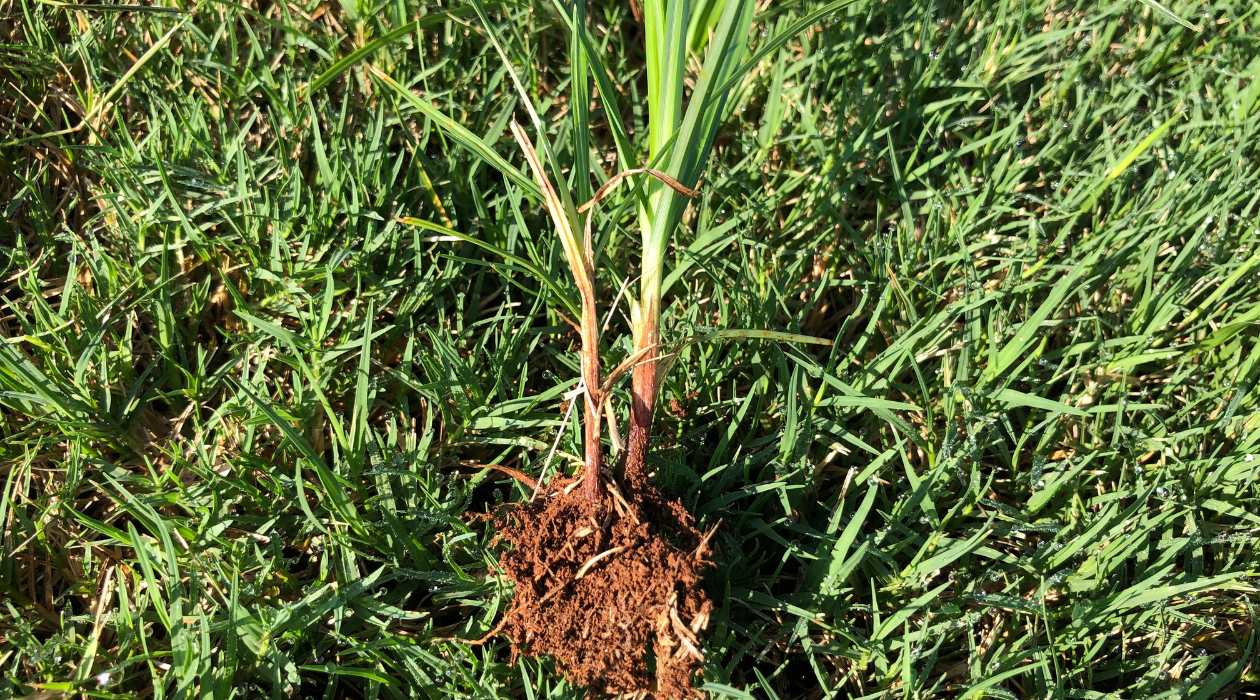
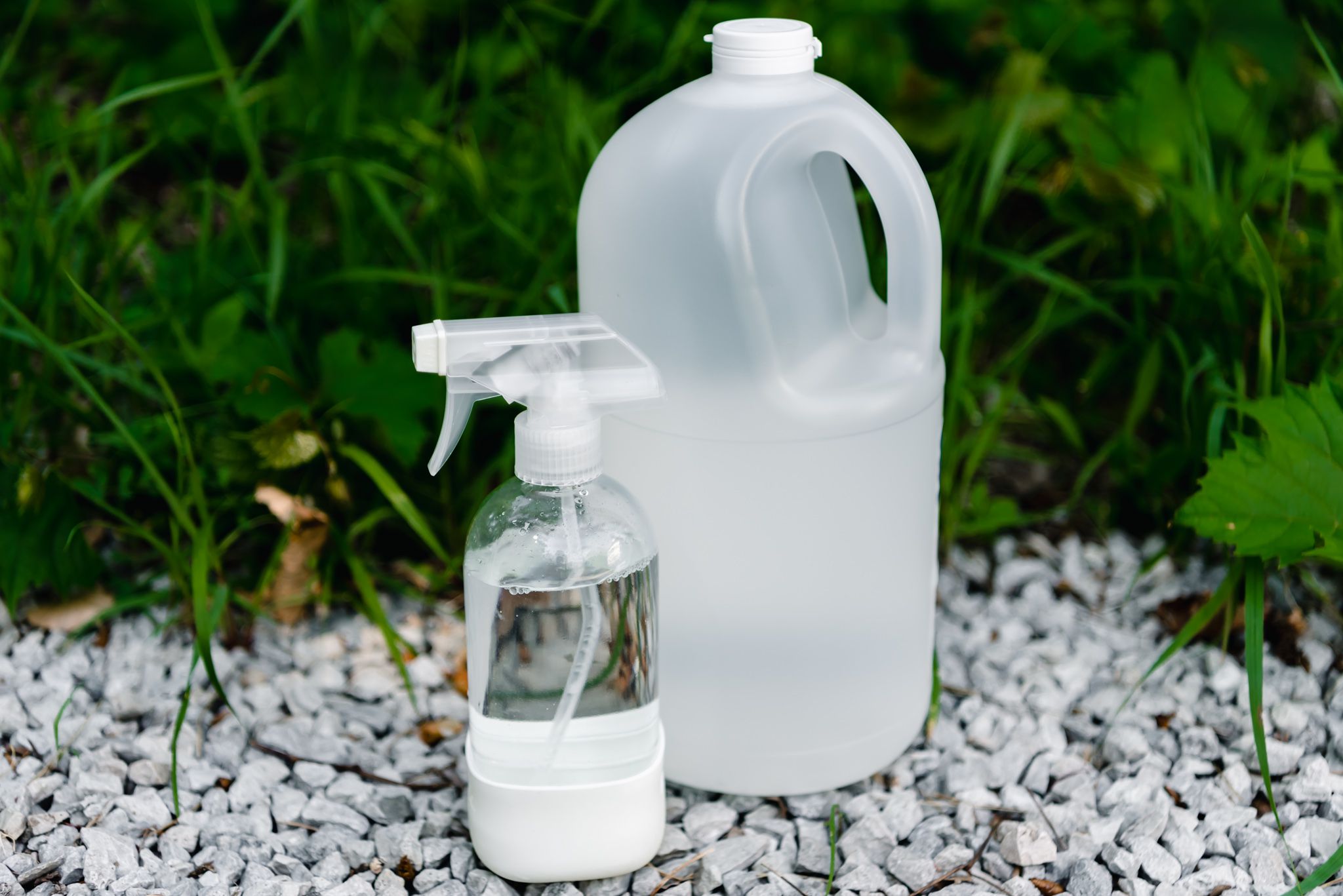

0 thoughts on “What Kills Moss On Driveway”